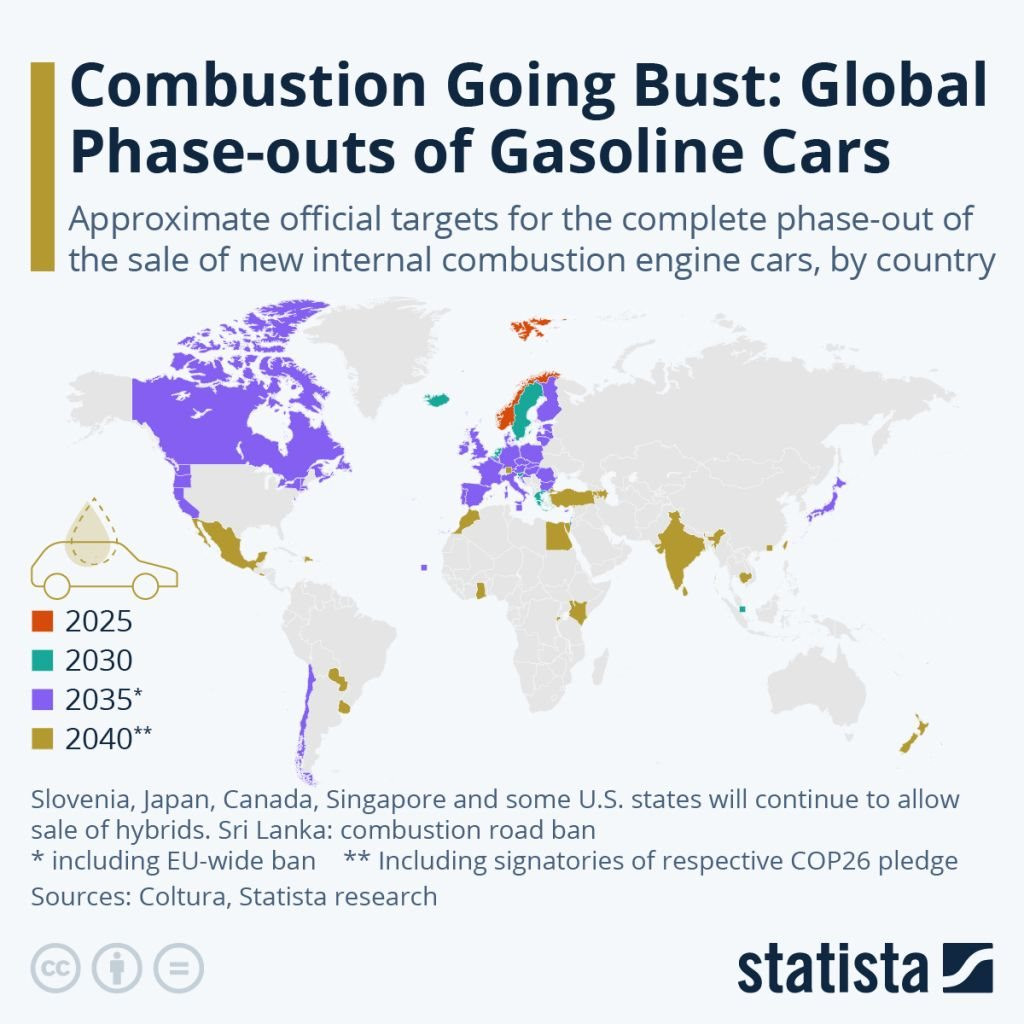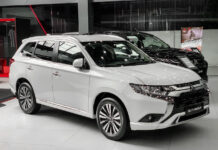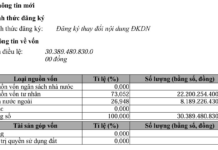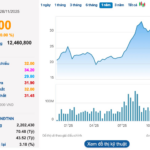According to Electrek, Ethiopia spent around $6 billion on importing fossil fuels in 2023 and over half of that amount was used for fueling vehicles.
As a measure to address this issue, the Ethiopian Ministry of Transport and Logistics has announced that cars can now only be imported into Ethiopia if they are electric vehicles.
In February 2023, the European Union passed a regulation banning the sale of combustion engine cars for member countries from 2035 – joining a list of states in the US, Canada, Japan, Singapore, India, New Zealand, and many other countries that have issued similar prohibitions. However, Ethiopia might not wait until 2035.
Electrek reports that Ethiopia is attempting to ban vehicles using combustion engines immediately.
According to the latest information from the Ethiopian Parliament, Alemu Sime, the Minister of Transport and Logistics of Ethiopia, has announced the completion of the country’s Logistics System Management Plan this week. While specific details have not been disclosed, Minister Sime declared that ” the decision has been made that cars cannot enter Ethiopia unless they are electric vehicles.

Worldwide ban on petrol cars.
Minister Sime continued to emphasize that implementing the new measures will contribute to achieving the country’s “Green Transport” plan. Additionally, Sime also mentioned that establishing electric vehicle charging stations will be a top priority.
According to some assessments, the main reason for this decision is that Ethiopia is facing severe foreign exchange shortages, affecting their ability to import oil and other commodities.
While the transition towards the goal of applying 100% electric cars is largely due to this, it is not entirely so. In fact, Ethiopia has invested heavily in its energy infrastructure over the past 20 years (97% of their energy comes from renewable sources). They are preparing to inaugurate a hydroelectric power plant with a capacity of 6,500 MW, expected to be the largest in Africa.
So, this conversion is partly due to economic pressure, but it also seems to be part of a comprehensive strategy that has been implemented over decades.
The reliability of the power supply in some areas still has many issues to be resolved. Therefore, improving the stability of the electricity supply nationwide will be an important next step for the country to take.
Reference: Electrek




































